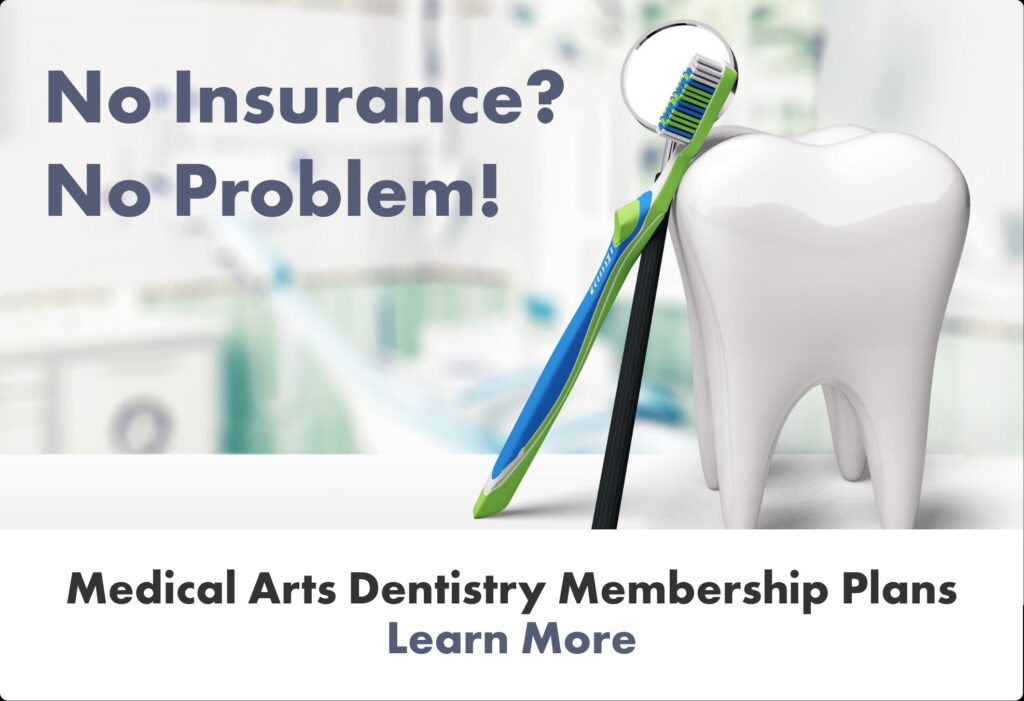Did you know?
High cholesterol is a largely controllable problem, but it’s still a serious problem for many patients today. Dr. Tagbo J. Ekwonu at Eastowne Family Physicians, PA helps patients in NoDa, Eastway, Plaza Midwood, and other areas of Charlotte, North Carolina deal with high cholesterol through healthy lifestyle adjustments, carefully controlled medication use, and other customized treatment options. To discuss your cholesterol levels and how to manage them, call our office or book your appointment online today.
What are “good” and “bad” cholesterol?
The two types of cholesterol, high-density lipoprotein, and low-density lipoprotein, are often referred to as good and bad cholesterol, respectively. HDL cholesterol is called the good cholesterol because it removes the LDL cholesterol (the bad cholesterol) from your bloodstream and prevents it from accumulating within the arteries. When you’re tested for cholesterol, your HDL and LDL are combined to create one number.
What should your cholesterol level be?
Your combined cholesterol level should be under 200. Cholesterol readings of 200-239 are considered to be borderline high. If your combined cholesterol level is 240 or higher, you’ve got high cholesterol.
What are the effects of high cholesterol?
High cholesterol can have some serious results. When cholesterol is high, the arteries grow more rigid and narrow. This, in turn, can reduce or even totally block blood flow. Eventually, high cholesterol can impede blood flow to your heart and brain to such as degree that you suffer a heart attack or a stroke.
Why do you get high cholesterol?
High cholesterol is often (at least partially) the result of controllable factors. These include:
- Being overweight or obese
- Leading a sedentary lifestyle
- Eating a diet that’s high in cholesterol rich foods
- Cigarette smoking
Some uncontrollable factors that can contribute to high cholesterol include:
- Age: Men over 45 and women over 55 are more likely to develop high cholesterol.
- Sex: Women are more likely to develop high cholesterol than men.
- Family history: If either of your parents or one of your siblings has high cholesterol, you may be more likely to have it yourself.
How is high cholesterol treated?
High cholesterol treatment typically starts with making some lifestyle changes. You can often lower your cholesterol naturally by doing the following things.
- Eat a diet rich in heart-healthy foods like fruit, whole grains, veggies, fish, and lean meats.
- Monitor dietary cholesterol.
- Avoid alcohol, or drink in moderation.
- Avoid eating foods high in trans-fats.
- Get regular exercise, focusing on cardiovascular exercise.
If you’re unable to sufficiently lower your cholesterol level through lifestyle changes, Dr. Ekwonu may prescribe medication as well. Cholesterol reducing medications can include statins, bile acid-binding resins, cholesterol absorption inhibitors, and injectable medications that allow the liver to absorb higher amounts of good cholesterol.
You can easily make an appointment with Dr. Ekwonu through the online appointment maker or by phoning Eastowne Family Physicians, PA.

